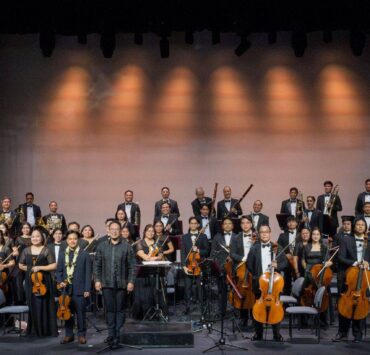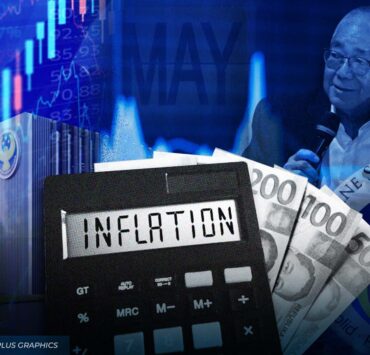Cecile Licad to play Mozart, Ravel in Met return concert
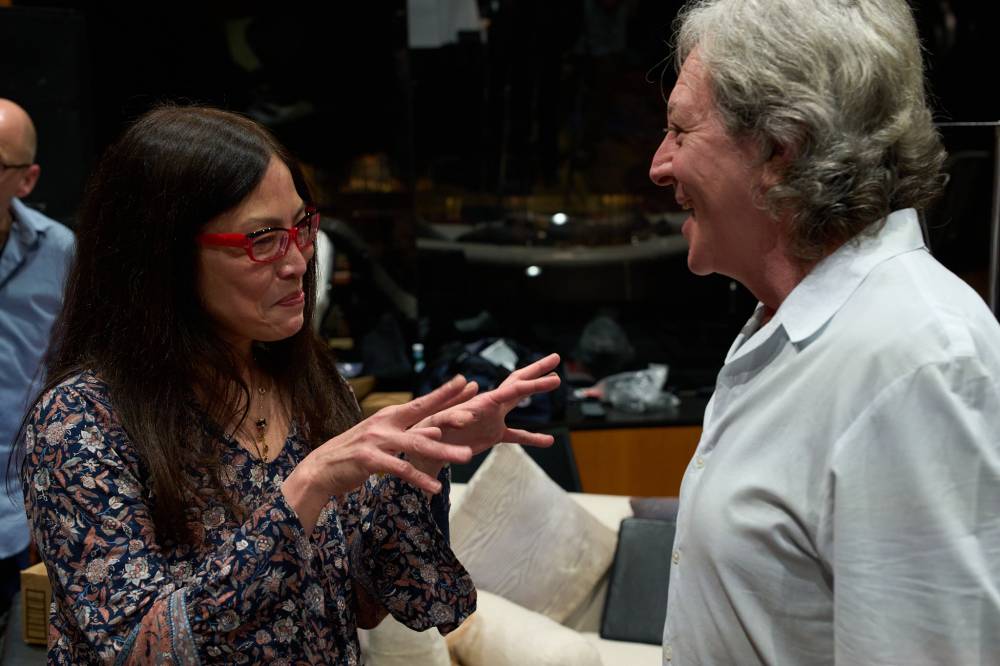
Cecile Licad is the soloist of the Philippine Philharmonic Orchestra under Maestro Grzegorz Nowak on Sept. 24, 6:30 p.m., at the Manila Metropolitan Theater.
The Met engagement is a fundraising concert of the Philippine Philharmonic Orchestra Society Inc.
After her lone Met engagement, she will do solo recitals in outreach concerts, starting at the Baguio Country Club (Sept. 27, 6 p.m.), then Pinto Gallery in Antipolo (Sept. 28, 6 p.m.), MiraNila Ancestral House (Oct. 1, 6:30 p.m.), University of the Philippines Visayas in Iloilo City (Oct. 6, 6 p.m.) and Virac, Catanduanes, with the final date to be announced later.
Licad, with trumpet icon Wynton Marsalis and a 13-member Jazz Ensemble, recently performed in a five-city tour (California, Arizona, Washington, and Oregon) as part of the screening of the silent film “Louis,” directed by Dan Pritzker. It featured live performances by Licad and Marsalis.
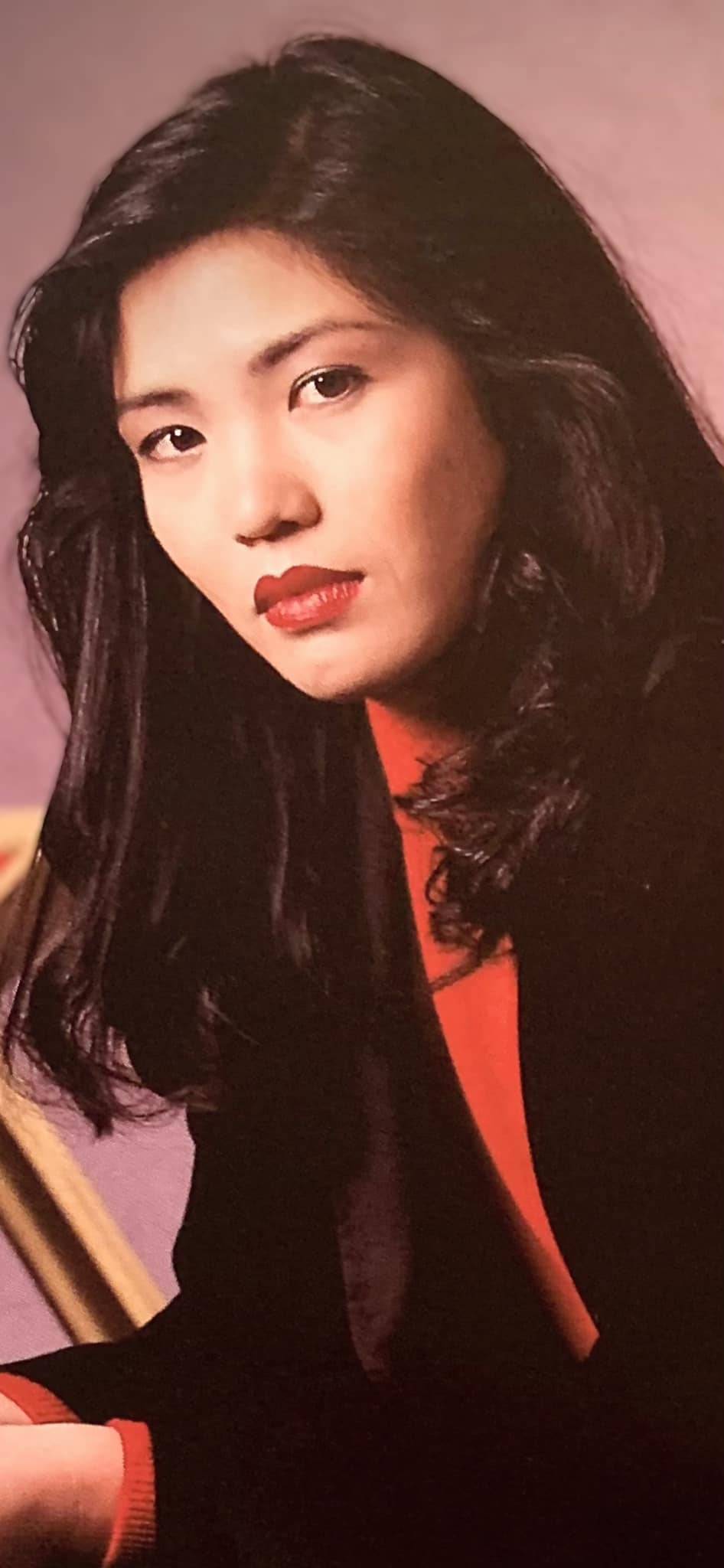
“Louis” was written by Derick Martini, Steven Martini, Dan Pritzker, and David N. Rothschild, and was shot by Oscar-winning cinematographer Vilmos Zsigmond. It stars Anthony Coleman (as the young Louis Armstrong), Jackie Earle Haley, and Michael Rooker.
Ragtime
Before the Marsalis tour in May, Licad was kept busy recording a significant portion of Scott Joplin’s ragtime pieces. She played 19 rags during a two-day recording session, including a six-hour session on the first day. The recordings were done using a saloon-style piano provided by Steinway & Sons, with Scott Steiner as the producer and Henry Reinach assisting in the studio.
Music lovers and cineastes agree that one of the big come-ons of the film is the live music provided by Marsalis and Licad.
In its screening at the Keswick Theater in Pennsylvania in 2010, the film got rave reviews, with even more adulation for the musicians who performed the live music.
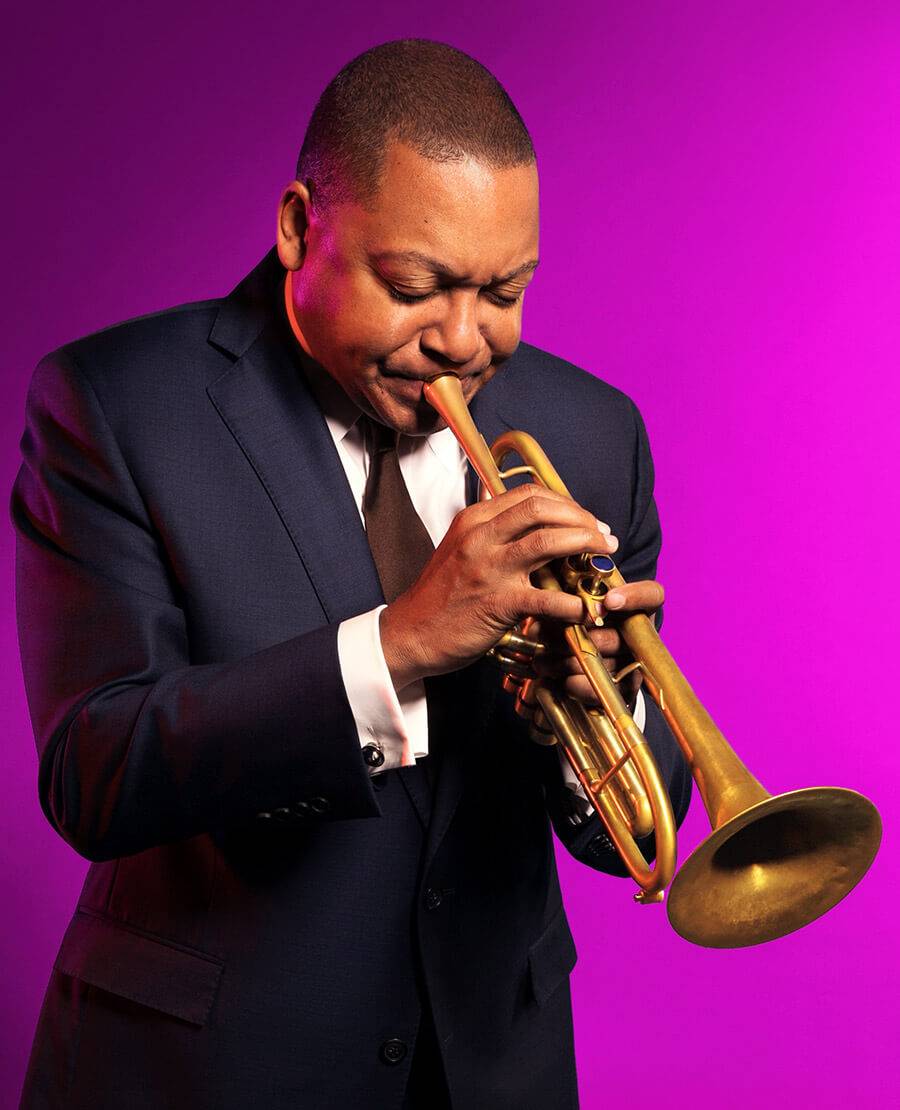
Wrote local jazz critic Wade Luquet: “In a sense, tonight’s performance was about two men named Louis, both of whom had a profound impact on American music. Licad expertly played the Gottschalk tunes with feeling and emotion that left the audience speechless from its beauty and the realization of Gottschalk’s influence on early jazz as the two musical forms were played on the same stage.”
Of Licad as Louis Moreau Gottschalk interpreter, music writer Jeff Distler noted, “Licad may have been groomed under Rudolf Serkin’s exacting tutelage, but her visceral, exuberant Gottschalk playing evokes Vladimir Horowitz’s diabolical art.”
Marsalis added, “I look forward to playing with Cecile. The contrast between Gottschalk’s music and jazz can be a revelation to those unfamiliar with either Gottschalk or jazz.”
For film director Pritzker, the combination of Licad playing Gottschalk and Marsalis and his ensemble playing jazz reflects “the wide-ranging nature of the American musical landscape.”
Said Licad before the five-city tour: “Looking forward again to be a part of this wonderful silent film by Dan Pritzker and collaborating with the great Wynton Marsalis.”














